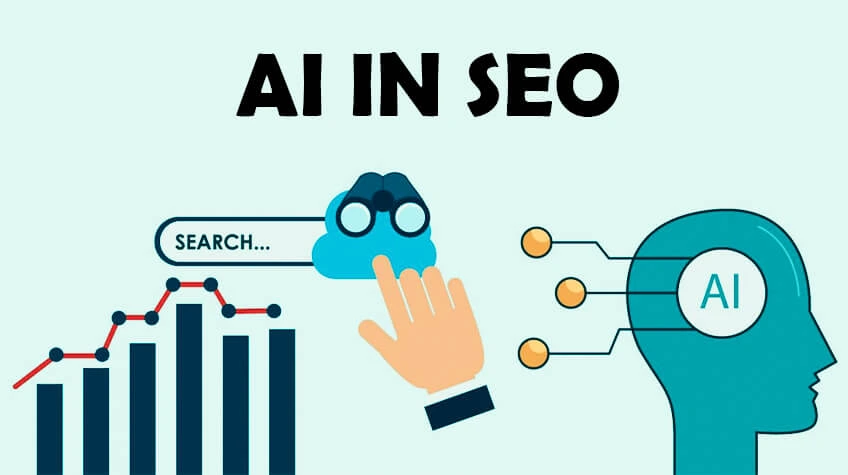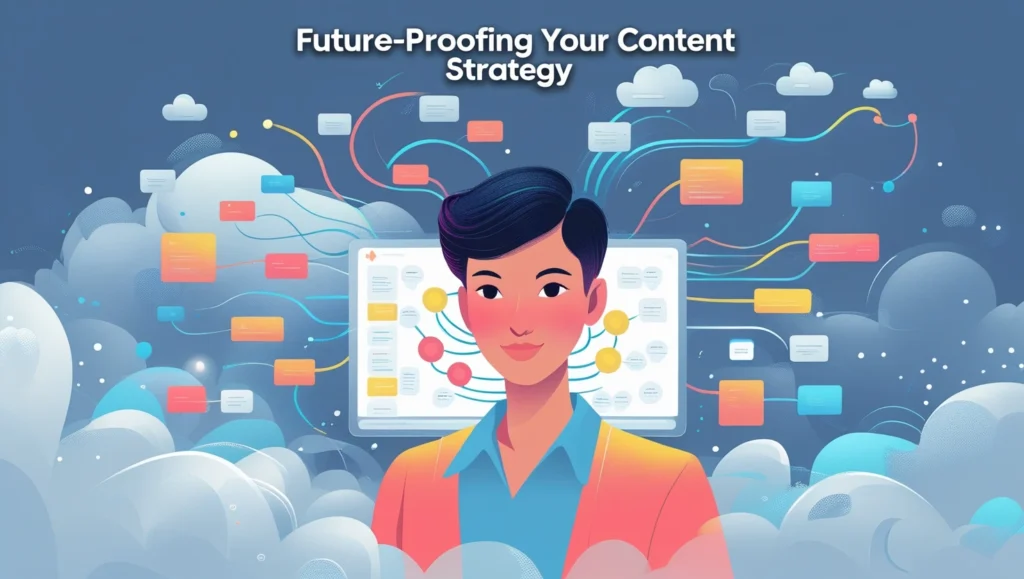TL;DR: AI Content Detection Affects SEO
-
AI-generated content isn’t penalized but must meet quality, originality, and value standards to rank well.
-
Search engines assess expertise, authority, and engagement to determine content credibility and SEO performance.
-
Humanizing AI content with personal insights, case studies, and expert analysis improves rankings and trust.
-
Strengthen E-E-A-T signals by citing experts, including real-world examples, and keeping content updated.
-
Future-proof your strategy by balancing AI and human input, monitoring SEO trends, and prioritizing user experience.
With the rising prevalence of AI-generated content, search engines have significantly improved their ability to identify and evaluate such material. AI content detection affects SEO by determining how search engines assess the quality, relevance, and authenticity of content before ranking it in search results. These detection systems analyze patterns, writing styles, and unique signals to differentiate between human-written and AI-generated content. For digital marketers, understanding this relationship is essential for maintaining and improving search rankings. High-quality, valuable content remains a top priority, regardless of whether it is created by AI or humans. As search engines continue to refine their evaluation methods, marketers must adapt their SEO strategies to ensure content remains engaging, informative, and aligned with search engine guidelines. How does AI content detection impact your SEO strategy, and what advantages can you gain from using it effectively?

Understanding AI Content Detection
Today, search engines use advanced systems to analyze patterns in content created by AI. These systems rely on smart algorithms that look for specific signs, repetitive structures, and common traits found in machine-generated text. They examine inconsistencies, writing style, and other clues to determine whether content was produced by AI. However, AI-generated content is not automatically penalized. Instead, it is carefully reviewed to ensure it meets quality standards and provides real value to users. Search engines focus on factors like originality, readability, and usefulness, making it essential for marketers to prioritize high-quality content, whether created by AI or humans.
How Search Engines Evaluate AI Content
SIGNS OF QUALITY
In this regard, search engines judge content by a number of parameters and take into account:
- Demonstrating Expertise and Authority
- New insights and analyses
- Natural language flow
- User engagement metrics
- Factual Accuracy and Citations
Key Areas of Impact
Detect AI content have the following incidence on the performance of your content:
- Search rankings
- User engagement metrics
- Content authority signals
- Trust of a site
- Overall Domain Trust
Best Practices for Using AI in Content Creation

- Humanize AI Content
Humanize AI-generated drafts by following these steps:
1. Adding personal experiences
2. Inserting a bit of industry-specific knowledge
3. Adding a few real case studies
4. Offering out-of-the-box analysis
5. Adding apt examples. - Commit to Quality Assurance
Implement the major checks as follows
1. Fact-check information
2. Verify statistics and sources
3. Add original research
4. Natural language flow
5. Add expert perspectives
Practical Tips for Better Rankings
Create Hybrid Content
- Use AI for initial research and outlining
- Complete with real examples
- Add personal experiences
- Add research relevant to the industry.
Strengthen E-E-A-T Signals
- Author credentials inclusion
- Expert source citations
- Real world examples
- Regular content updates
- Insights about the industry
Future-proofing Your Content Strategy

Along these lines, keeping that ahead of the curve will include:
- Monitoring search engine changes
- Balancing AI and human contributions
- Delivering for the user
- Keeping things authentic
- Investing in quality improvements.
Key Takeaways
Remember those important points
1. AI content is not bad in and of itself for SEO Quality
2. Value matter most
3. Human enhancement is crucial
4. User experience remains top priority
5. Authenticity drives success.
Action Steps for Digital Marketers
- Audit your existing content strategy
- Engineer a balanced content creation process
- Enforce quality control measures
- Monitor performance metrics
- Keep in the loop about SEO trends.
You can now apply these guidelines to effectively use AI in your content creation while keeping strong SEO performance. The key is not just to produce content for the sake of it, but to ensure it provides real value to your audience. AI can help generate ideas, optimize keywords, and improve efficiency, but it’s important to focus on creating meaningful, engaging, and high-quality content. Instead of just relying on AI to produce large amounts of text, use it as a tool to enhance readability, structure, and relevance. When done right, AI-powered content can attract more visitors, keep them engaged, and boost your search rankings—all while saving you time and effort.
